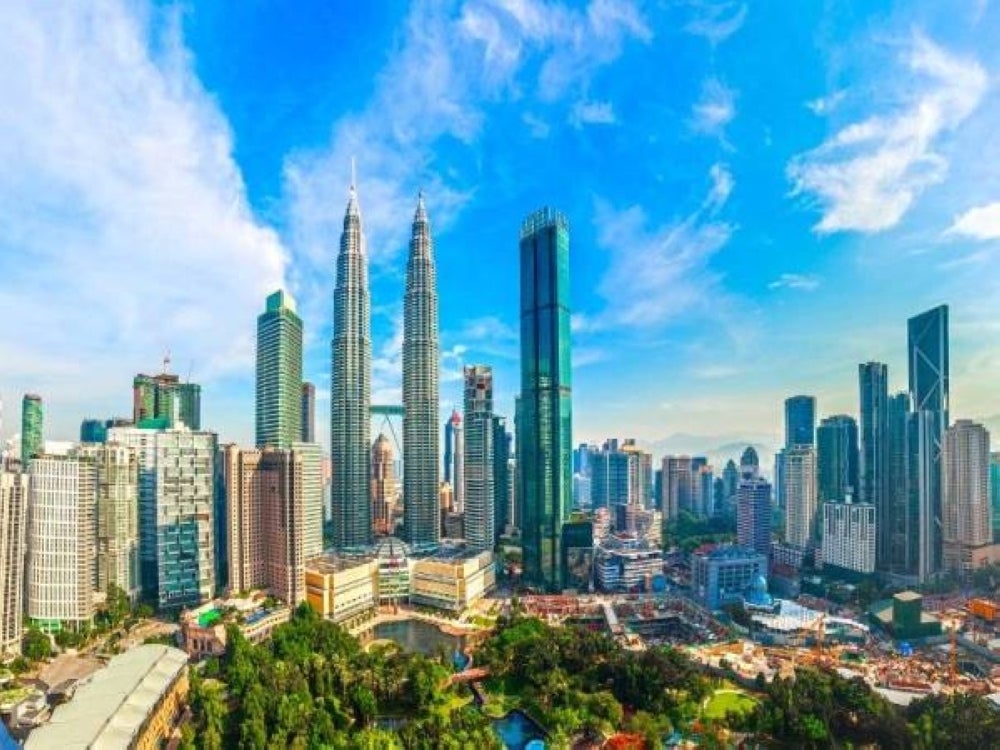Malaysia in need of economic structure reforms

ALOR SETAR - The government needs to strengthen or restructure the country's economy immediately based on the reality and the existing national resources.
Universiti Utara Malaysia (UUM) International Business, School of International Studies senior lecturer Dr Mohd Azwardi Md Isa said inflation was unlikely to be eliminated and the government could only reduce the impact of inflation on the country and the people.
He said among the things that needed to be given attention to was the increase in the production of food products in the country, especially basic foods such as rice, vegetables and grains through various comprehensive methods.
"People are now economically literate, inflation is talked about everywhere because it is the cause of the rise in the price of goods and of course the situation is painful for most of them with low and middle income.
"Our country's economy is facing problems because it is shifting fast to the services sector without having a variety of homemade products.
"The government needs to mobilise government-linked companies (GLCs) to invest in the manufacturing sector and product manufacturing," he told Sinar Harian recently.
Mohd Azwardi said the country did not have many self-produced products and was too dependent on foreign investors.
“Malaysia is changing too fast from a country that manufactures products to services, causing us to be too dependent on the export of goods made by multinational companies that invest here.
“Basically, we don't have our own product. Although there are several multinational companies such as Proton, Perodua, Petronas and Axiata, the products produced are limited,” he added.
He said this was in contrast to China's economy which was seen as very strong because they have a variety of self-produced products in addition to a strong manufacturing sector base.
Mohd Azwardi said the dependence on imported goods, especially food products, has worsened the situation.
“For example, the country's rice production is not able to meet domestic needs. Nearly 40 per cent of the country’s rice are imported from Thailand, Vietnam, Cambodia and India.
"This is worrying, when there are countries that have stopped exporting essential goods, such as neighboring countries that have delayed the export of palm oil," he said.
He said apart from rice, the country also imported vegetables from various countries which were estimated to be worth billions of ringgit.
"The number is increasing every year and of course the country's inflation rate will also rise.
"Agriculture and Food Industries Minister Datuk Seri Dr Ronald Kiandee has announced that the value of food imports showed an increase of 22.3 per cent making the total RM45.3 billion in 2015 to RM55.4 billion in 2021. This is a very large amount," he said.
He also said the country should increase rice production by at least 80 per cent because rice is the staple food of Malaysians and Asians.
“It is time for the farmers to be given a new breathe of life. They have sacrificed for the people so that they could eat rice. They should be given an allowance of RM100 for each area in the field cultivated. The stigma of employment as a low-class farmer needs to be dispelled.
"They also deserve to enjoy economic prosperity because it is important to the country,” he said.
Mohd Azwardi said the government should make the country's rice sector the main agenda by creating a conducive and competitive rice ecosystem, including strengthening agencies such as the Muda Agricultural Development Authority (Mada) and the Farmers Organisation Board (LPP) in monitoring the welfare of farmers.
Mohd Azwardi stressed that the people wanted immediate action and not more studies as the people's concerns should be taken seriously by the government.
“The use of income should be divided into three, namely the purchase of goods, savings and investment.
"Of course, these groups cannot afford to save or even invest. Even the fractions of B40, M40 and T20 have changed their composition. Many M40s have already fallen into the B40 category,” he said.
He said the income gap was widening and if not addressed, it will have a negative impact on the country in the long run.
"People's money must be managed well," he added.
Download Sinar Daily application.Click Here!















